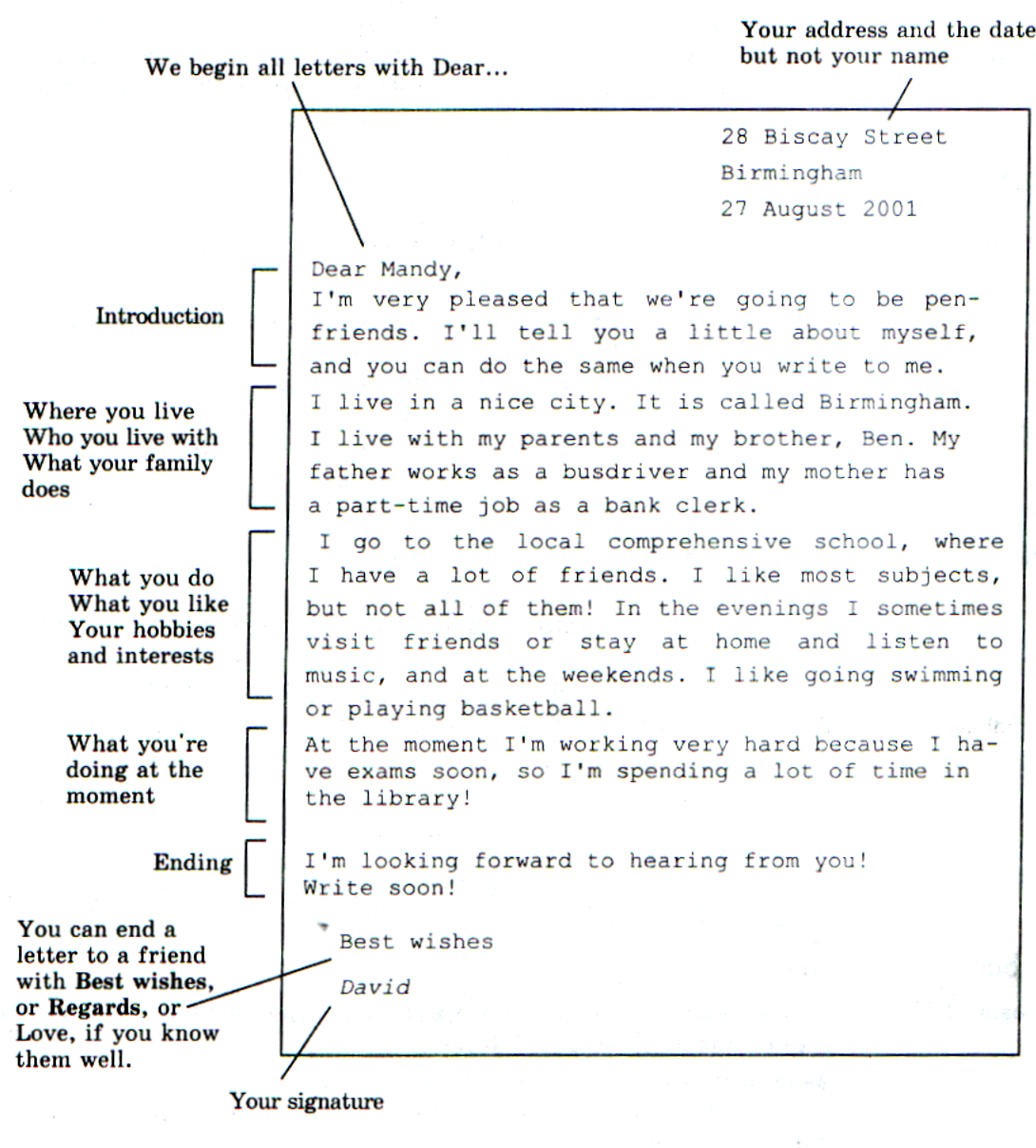Поглибити знання учнів про правила оформлення листа англійською мовою, ознайомити зі структурою приватного листа. Підготувати учнів до самостійного написання листа про шкільну бібліотеку.
Создайте Ваш сайт учителя Видеоуроки Олимпиады Вебинары для учителей
At the post-office. The way Englishmen write letters.
Вы уже знаете о суперспособностях современного учителя?
Тратить минимум сил на подготовку и проведение уроков.
Быстро и объективно проверять знания учащихся.
Сделать изучение нового материала максимально понятным.
Избавить себя от подбора заданий и их проверки после уроков.
Наладить дисциплину на своих уроках.
Получить возможность работать творчески.
Просмотр содержимого документа
«At the post-office. The way Englishmen write letters.»
Предмет: Английский язык
Категория: Мероприятия
Целевая
аудитория: 10 класс.
Урок соответствует ФГОС
Полезное для учителя
Распродажа видеоуроков!
2160 руб.
3080 руб.
1880 руб.
2690 руб.
1880 руб.
2690 руб.
1880 руб.
2690 руб.
ПОЛУЧИТЕ СВИДЕТЕЛЬСТВО МГНОВЕННО
* Свидетельство о публикации выдается БЕСПЛАТНО, СРАЗУ же после добавления Вами Вашей работы на сайт
Удобный поиск материалов для учителей
Проверка свидетельства

















